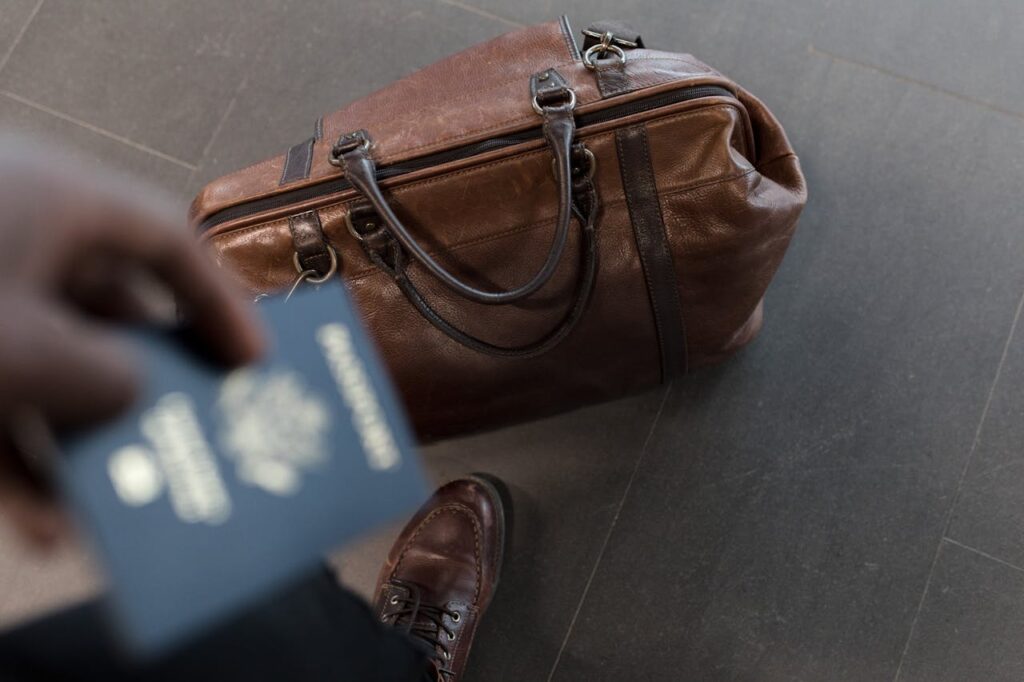
One of the most important steps in a person’s journey toward integration and belonging in their adoptive nation is applying for citizenship. Nonetheless, candidates may experience disappointment and annoyance if their citizenship petitions are denied. By being aware of the typical causes of citizenship application denials, applicants can steer clear of potential problems and improve their chances of being accepted. This post will examine some of the most typical causes of citizenship application rejections and offer advice on how candidates can resolve these problems.
- Residency requirements: Fulfilling residency requirements is one of the main prerequisites for becoming a citizen. Should applicants fail to provide proof that they have lived in the nation for the necessary amount of time, citizenship authorities have the right to refuse petitions. Candidates must make sure that they keep complete records of their residency, which should include evidence of their physical presence as well as a record of any time they have been absent from the nation.
- Language Proficiency: A lot of nations demand that applicants for citizenship prove they are proficient in the official language or languages of the nation. Language proficiency exams evaluate candidates’ oral and writing communication skills. Applications that don’t meet the minimum requirements for language competency may be rejected. Applicants should take the time to prepare their language skills and, if required, seek language training in order to address this issue.
- Criminal Record: In order to determine an applicant’s criminal history, citizenship officials perform background checks. Applications that are judged to be a security risk or have a criminal history may be refused. Applicants should reveal any previous records and submit pertinent paperwork, such as police clearance certificates, to reduce this risk. To handle complex criminal matters, legal assistance may be required in certain circumstances.
- Fraud or Misrepresentation: Applications for citizenship that contain fraudulent or incorrect information may be denied and may result in more serious repercussions, such as the loss of citizenship. Candidates should make sure that all of the information they submit is true and accurate. Prompt attention should be given to any disparities or inconsistencies, together with any necessary justifications and accompanying evidence.
- Failing to Meet extra Requirements: Applications for citizenship may be denied if candidates don’t meet extra requirements, such passing a citizenship exam or submitting enough supporting evidence, in addition to the basic qualifying requirements. Before filing their application, applicants should carefully understand the conditions for applying for citizenship and make sure they meet all requirements.
In order to properly navigate the citizenship process, applicants must be aware of the typical reasons why their applications for citizenship are denied. Applicants can improve the likelihood that their citizenship application will be approved by being proactive in addressing any obstacles and making sure that all requirements are fulfilled. Getting advice from legal and immigration specialists can also be a great way to get support and help during the application process. Those who prepare carefully and pay close attention to details might overcome obstacles and fulfill their dream of becoming citizens of the country they have embraced.
